About HP+R at UNM
Historic preservation is an important way for us to transmit our understanding of the past to future generations.
At the University of New Mexico Historic Preservation and Regionalism Program, we believe in the transformative power of understanding and sustaining our shared cultural heritage. In an era where the preservation of historical and cultural environments is increasingly vital, our program stands at the forefront of preparing future professionals to address the challenges of our built environment history.
A Message from the Director of HP+R
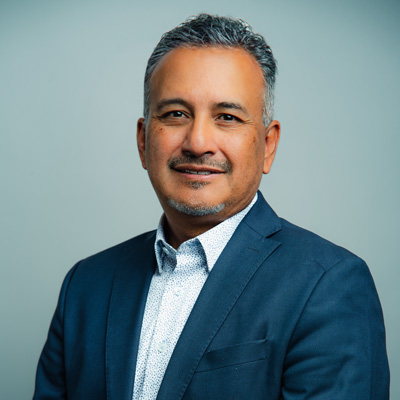
The Historic Preservation and Regionalism Program at the University of New Mexico, I am honored to lead the program dedicated to preserving and advancing the rich cultural heritage of our region. Our program stands at the intersection of academia, community engagement, and stewardship, committed to preserving the unique cultural identity of our region.
At the core of our mission is the recognition that history is not a static entity but a dynamic tapestry woven by the stories, traditions, and experiences of diverse peoples. Through interdisciplinary scholarship and hands-on preservation methods, we strive to illuminate the complexities of our past and ensure that its lessons resonate with present and future generations.
Central to our approach is a commitment to inclusivity and collaboration. We recognize that historical preservation is not solely the domain of academics but requires the active participation of communities whose histories are being preserved. By fostering partnerships with local stakeholders, indigenous nations, governmental agencies, and cultural organizations, we seek to amplify diverse voices and perspectives, ensuring that our preservation efforts reflect the richness and complexity of our region's heritage.
The passion and dedication of our faculty, students, and community partners who work tirelessly to ensure that the stories of our past continue to inspire and inform the present. Together, we embark on a journey of discovery, preservation, and renewal, guided by a shared commitment to honor the past, enrich the present, and safeguard the future for generations to come.
Tim B. Castillo
HP+R Director
The Latest in HP+R
Student Work
HP+R Faculty

Tim Castillo
Professor of Architecture
Director of HP+R
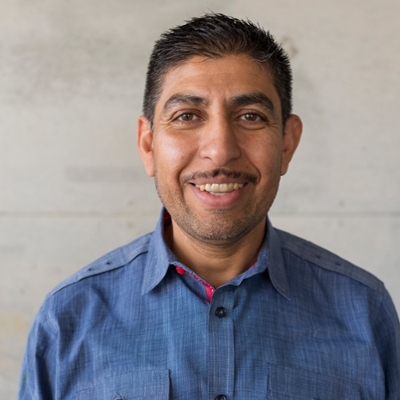
Francisco Uviña-Contreras
Assistant Professor
Architecture
Steven Moffson
Lecturer II
Architecture
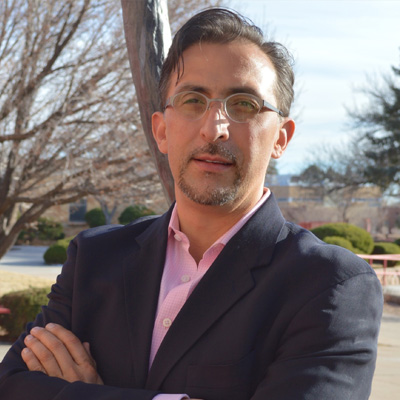
Estevan Rael-Gálvez
Lecturer II
Executive Director of Native Bound Unbound
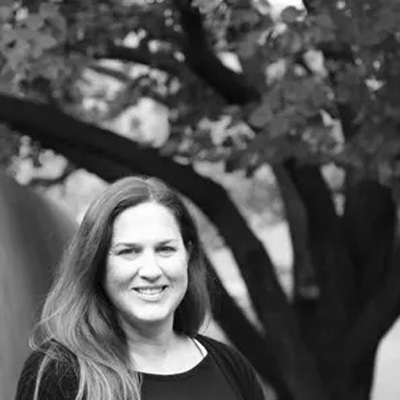
Julie McGilvray
Lecturer II
Preservation Services Program Manager at National Park Service
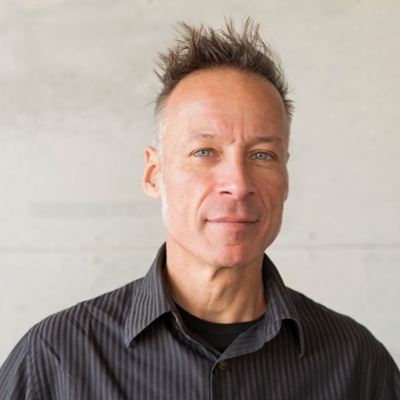
Alfons Poblocki
Lecturer II
Architecture
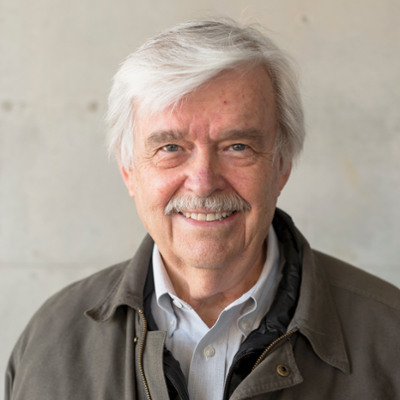
Baker H. Morrow
Professor of Practice
Landscape Architecture
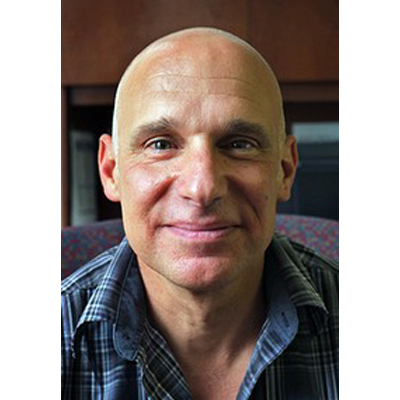
Jeff Papas
Lecturer
Historic Preservation & Regionalism
History of the HP+R Program
The Historic Preservation and Regionalism (HPR) Program at the University of New Mexico's School of Architecture and Planning was established to meet the growing demand for a cohesive educational platform focused on conserving cultural heritage and advancing regionally-responsive design. Originating from the school's longstanding courses in historic preservation and regional design, the program was formally conceived in response to increased interest during the 1990s. Spearheaded by cultural landscape historian J. B. Jackson's legacy and the recruitment of Chris Wilson in 1999, the program gained momentum.
Emeritus Professor Wilson, leveraging his extensive background in Southwest historic resources and community engagement, collaborated with a diverse array of stakeholders to shape the curriculum. By 2004, through robust fundraising efforts and collaboration with esteemed professionals like José Zelaya, Elmo Baca, Edith Cherry, Arnold Valdez, and Chester Liebs, the program received official university and state approval. This initiative not only established the Graduate Certificate but also introduced the Southwest Summer Institute in Preservation and Regionalism, enriching the curriculum with additional expert insights and expanding its national reach.






















